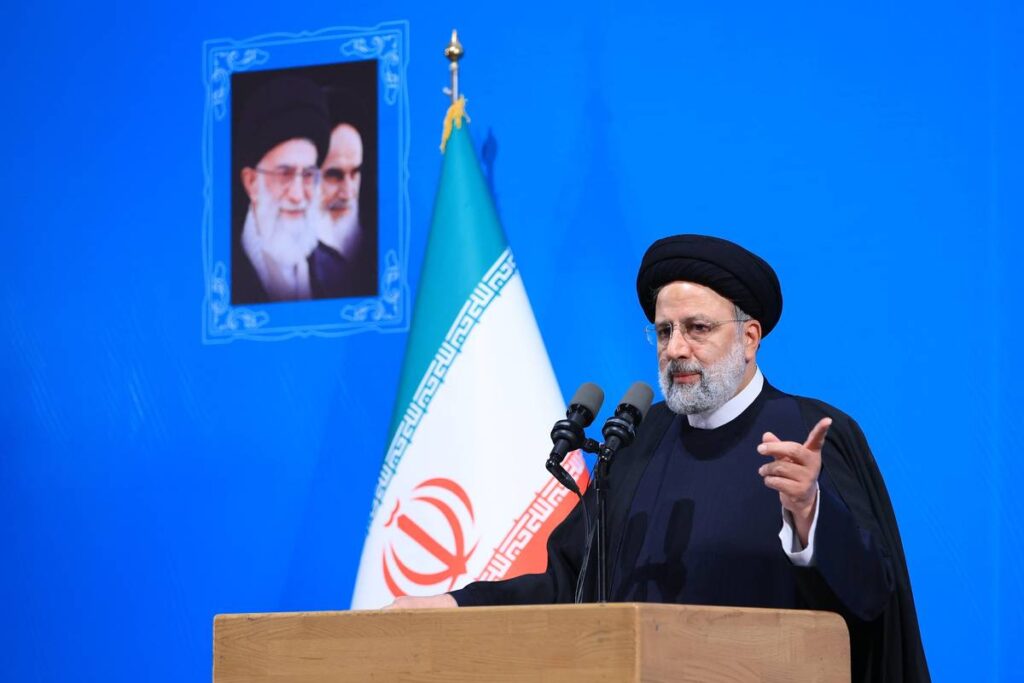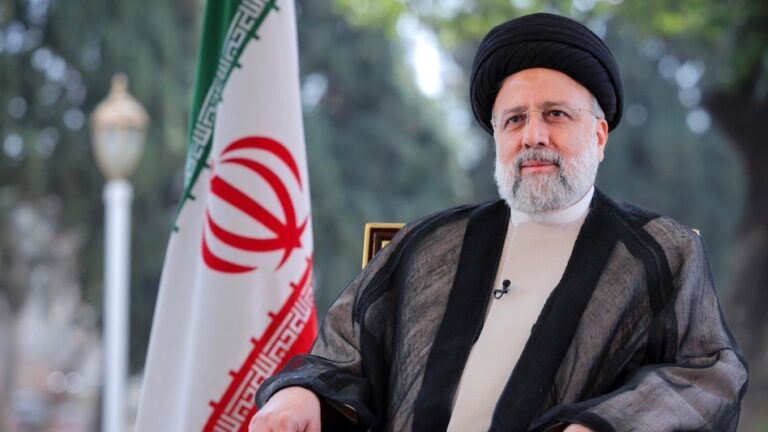- Iran’s President Ebrahim Raisi has died in a helicopter crash in East Azerbaijan province, marking the end of his nearly three-year presidency
- Raisi, 63, was a key figure in Iran’s conservative and hardline political factions and was considered a potential successor to Supreme Leader Ayatollah Ali Khamenei
- The president died after the chopper reportedly crashed in a mountainous and forested area due to bad weather
Iran’s President Ebrahim Raisi has died after a helicopter carrying him and other officials crashed in a mountainous and forested area of East Azerbaijan province during poor weather conditions.

The tragic accident marks the end of Raisi’s nearly three-year tenure as the leader of the Islamic Republic, a period marked by significant political and international challenges.
Raisi, 63, was a prominent figure within Iran’s conservative and hardline political factions. He was seen as a likely candidate for re-election next year and a potential successor to the 85-year-old Supreme Leader Ayatollah Ali Khamenei.
Follow our Facebook page for more updates:
His death comes as a shock to the nation and leaves a significant void in Iran’s political landscape.
Born in Mashhad, a religious hub in northeastern Iran, Raisi underwent extensive religious education, studying at the seminary in Qom under influential scholars, including Khamenei.
Like the Supreme Leader, Raisi wore a black turban, signifying his status as a sayyid, a descendant of the Prophet Muhammad, which holds particular importance among Twelver Shia Muslims.
Al Jazeera reported that Raisi’s career was marked by a steady rise through Iran’s judicial ranks, beginning as a prosecutor in various jurisdictions and eventually moving to Tehran in 1985.
Must Read:
1: Chief Of Defence Francis Ogolla Among Soldiers Killed In Grisly Chopper Accident
2: Multi-Agency Team Begins Search for General Francis Ogolla’s Items at Crash Scene
Human rights organizations have noted his role in a committee of judges that oversaw the execution of political prisoners during this period.
Follow our Facebook page for more updates:
In 2014, Raisi became Iran’s attorney general, a position he held until 2016, when Khamenei appointed him to lead the Astan Quds Razavi, a massive charitable trust with significant assets. This role further bolstered his prominence and influence.
Raisi first ran for president in 2017 but was defeated by the incumbent, Hassan Rouhani.
However, in 2019, Khamenei appointed him head of the judiciary, where Raisi presented himself as a crusader against corruption, traveling extensively to build popular support. In 2021, amid low voter turnout and the disqualification of many reformist candidates, Raisi was elected president.
Raisi’s tenure was also marked by his firm stance on the 2015 nuclear deal, or Joint Comprehensive Plan of Action (JCPOA).
He continued to advocate for Iran’s strategic resilience and resistance after the deal fell into limbo following the U.S.’s unilateral withdrawal in 2018.

